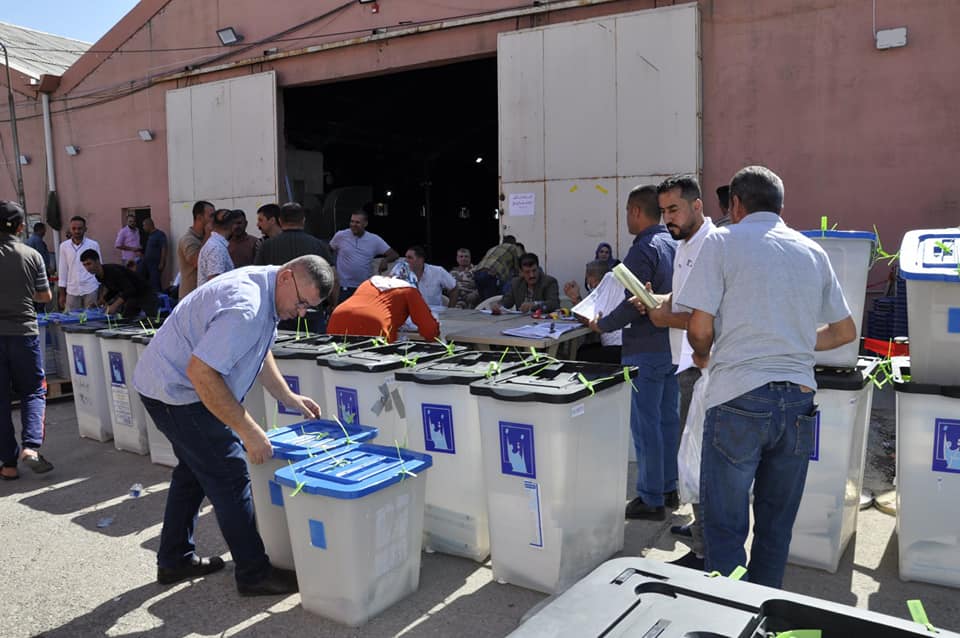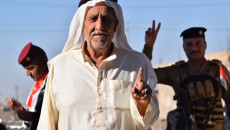The process of recounting votes in some ballot stations in Kirkuk has come to end without any changes as it has matched the electronic tally, electoral body said.
The Independent High Electoral Commission IHEC said Sunday that it has compelted manual recount of votes for some ballot stations in six provinces including the northern oil-rich city of Kirkuk
The results have undermined expectations for changes in the results and positions of the key blocs competing to lead the new cabinet.
The early parliamentary election was the fifth since the 2003 US-led invasion that toppled Saddam Hussein’s regime which was warmly welcomed and hailed by the United Nations, Security Council, US and Europe.
General elections are held each four year yet it was one of numerous demands of the pro-reform, youth-led protest movement that engulfed the country in October 2019.
The turnout was only 41%, the lowest participation in any Iraqi election since 2005, underlining the growing lack of interest among Iraqis for a political system that is widely seen as broken and failed.
Louai Arkan, director of IHEC in Kirkuk, said there were complaints about 87 stations in Kirkuk and all were recounted manually in Baghdad.
Located 238 kilometers north of Baghdad, the oil-rich province of Kirkuk is an ethnically mixed province for 1.6 million Kurds, Arabs, and Turkmen, Muslims, Christians and Kaka'is. It has long been at the center of disputes between Baghdad and the Erbil.
Only 440,000 Kirkukis, about 44%, out of more than one million eligible voters cast ballots for 12 seats in the Iraqi parliament, three of it for women plus a seat for the Christian community.
Out of 130 competitors, only 33 of them were women. Kirkuk has been divided into the three electoral districts and 315 ballot centers, about 2,300 stations.
Emad Jamil, commissioner of IHEC in Kirkuk, from Baghdad, told KirkukNow the votes were 100% identical and no changes in the elections.
"The 87 stations were in the three constituencies and were reviewed by international and local monitors.
Preliminary results show the Kurdish political parties have won six seats alike 2018 general elections while the Arab political parties have mounted their seats from three to four yet the Turkmens lost a seat and earned only two.
IHEC has decided last week to review some polling stations in Kirkuk, Ninewa, Diyala, Salahaddin and other provinces based on 22 complaints out of 57,944 stations.
Three political entities complained to the electoral commission in Kirkuk describing the elections of fraud and calling for manual count and sort, a matter the electoral commission finds normal.
One of the political parties in Kirkuk representing the Arab community, and another elected by the Turkmens and a key Shiite faction which received a big blow have complained to IHEC without providing concrete proofs.
The Sairoon Alliance led by Muqtada al-Sadr came first in the elections, taking 73 of parliament's 329 seats. It was followed by the Sunni Taqaddum (progress) bloc of parliament speaker Mohamed al-Halbousi with 38 seats and the State of Law bloc led by former Prime Minister Nouri al-Maliki, which got 34 seats. Kurdistan Democratic party KDP has earned 33 seats.






